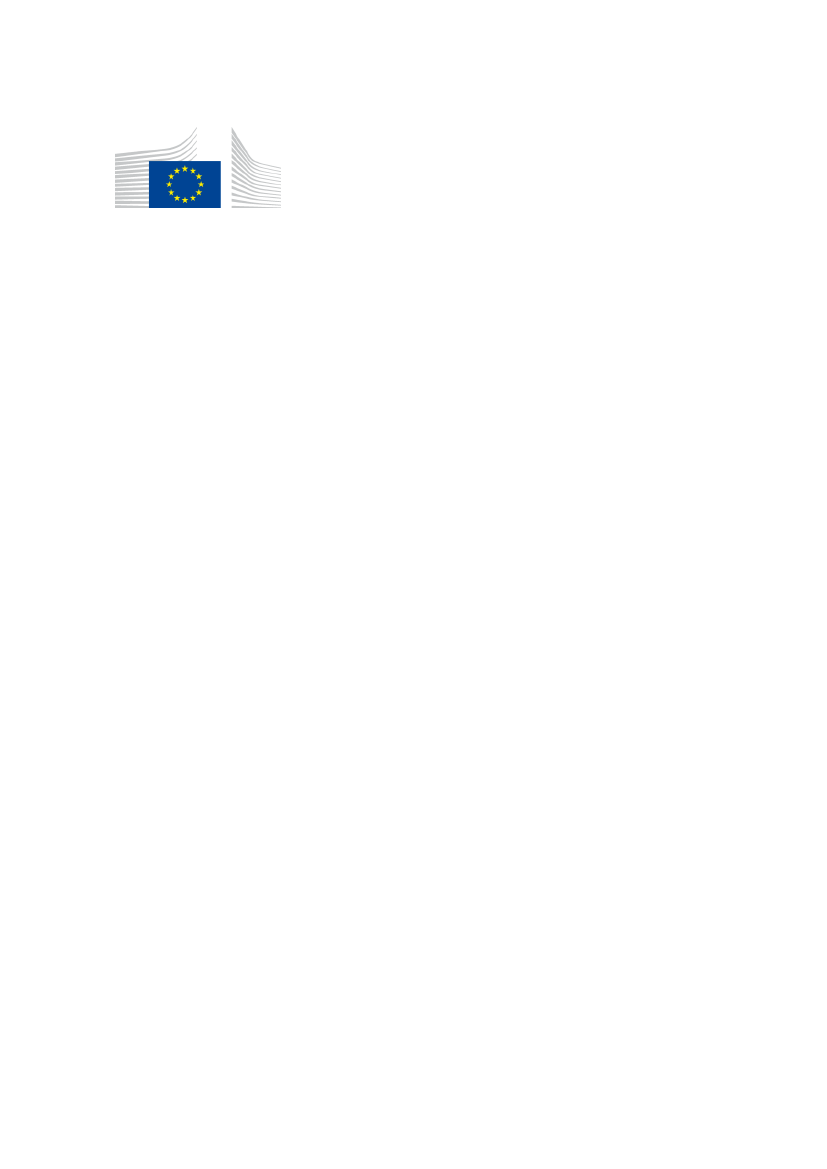
EUROPEAN
COMMISSION
Brussels, 25.4.2025
COM(2025) 181 final
REPORT FROM THE COMMISSION TO THE EUROPEAN PARLIAMENT, THE
COUNCIL, THE EUROPEAN ECONOMIC AND SOCIAL COMMITTEE AND THE
COMMITTEE OF THE REGIONS
Report on Competition Policy 2024
{SWD(2025) 102 final}
EN
EN